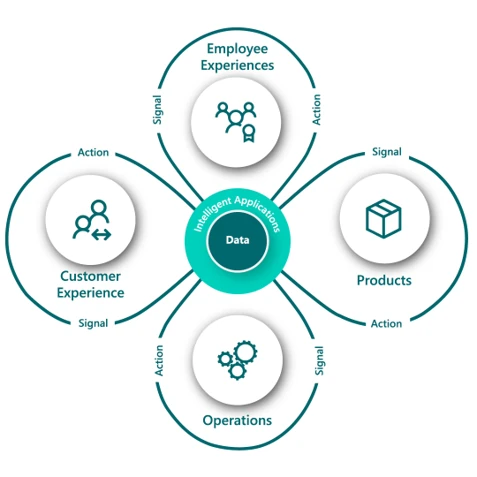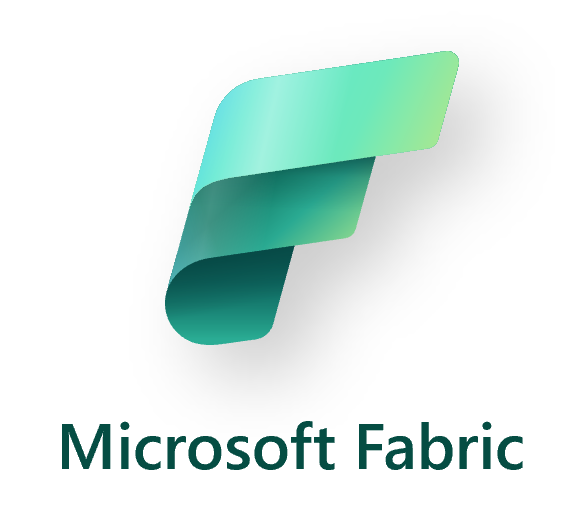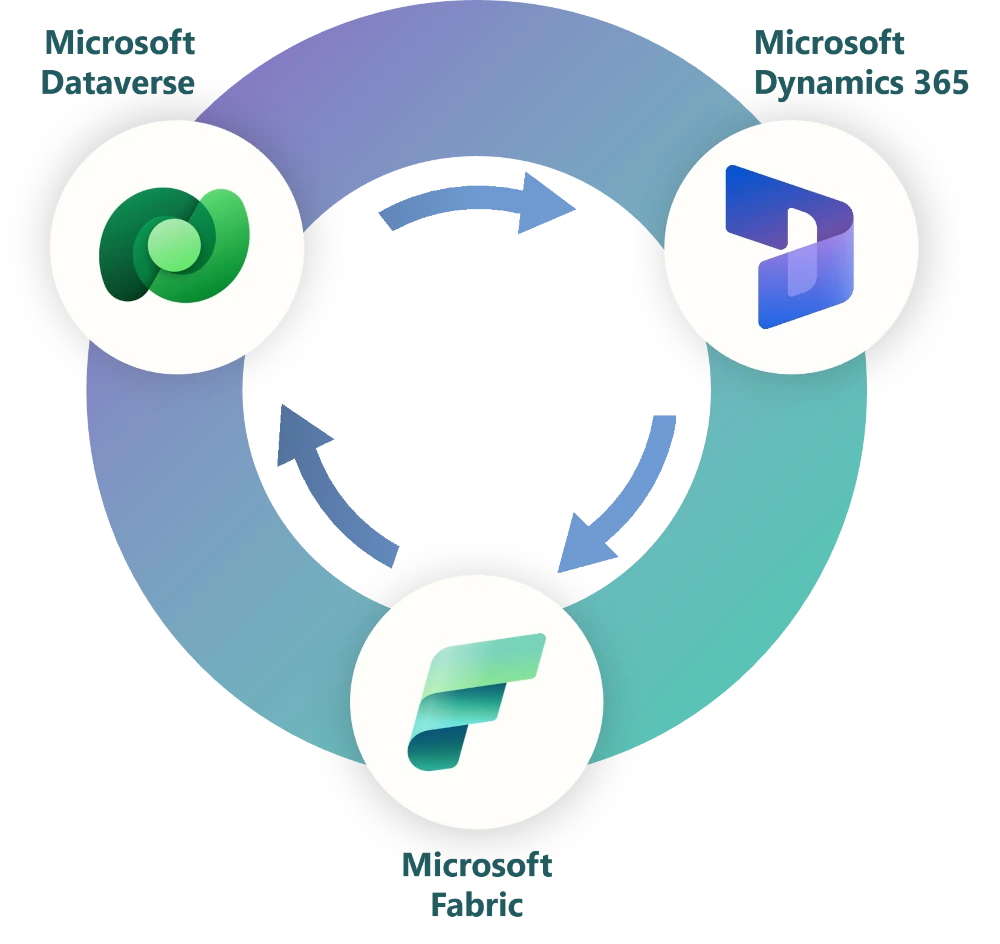Prologue
In this article you will learn how you can connect and optimize your business applications with Dynamics 365 and Microsoft Fabric.
Here are the topics we’ll cover:
- What we’ve heard from conversations with companies and today’s current business agility and analytics landscape.
- How Dynamics 365 and Microsoft Fabric integrate and augment one another.
Sources: 1Business Agility Institute and 2Forbes
In the coming years, 75% of organizations will move to a single source of truth for their data with ability to support federated data-driven initiatives like business application modernization – enabling easier ERP and CRM application optimization and collaboration, with unified and comprehensive data and insights – and the ability to empower business users with insights to drive business outcomes through those applications.

Unified enterprise-wide data for a business
The recent launch of Microsoft Fabric, an end-to-end analytics offering that brings together all of an organization’s data and analytics in one place, addresses that need for a constant supply of data for optimized development and modernized analytics capabilities.
We have embraced an open and governed lakehouse, establishing a unified, single source of truth by combining all analytics workloads in a secure and governed lake-first foundation. Teams can reduce the time and effort it takes to uncover impactful insights through democratized access to data, accelerating decision-making and time to value for low code app development.
In connection with Dynamics 365, Fabric offers extensible solutions for you to be able to do even more with your data and empowers you to democratize enterprise-wide data for efficient, intelligent, and agile business application optimization.
Microsoft Dynamics 365 in brief
With Microsoft Dynamics 365, you can create the new era of AI-powered business, innovating with intelligent CRM and ERP business applications, connecting your teams, processes, and data, across your entire org, providing superior customer experiences, and creating operational agility.
Since business applications most frequently use data from multiple sources, Dynamics 365 integration with Dataverse lets you securely store and manage said data as you create your intelligent business applications. With Dynamics applications being built on Power Platform, you get built-in, extensible analytics capabilities within Microsoft Fabric that allow you to do even more with your data.
Later we’ll be focusing on a subset of Dynamics 365 products, highlighting use cases (in the next article) for Supply Chain, Finance, Sales, Marketing and Service, but there are more Dynamics solutions available to solve for any of your business needs.
Microsoft Fabric – SaaS data platform
Fabric is an end-to-end, human-centered analytics product that brings together all an organization’s data and analytics in one place. It brings together the best of Microsoft Power BI, Azure Synapse, and Azure Data Factory into one unified software as a service (SaaS) platform. Data engineers, data warehousing professionals, data scientists, data analysts, and business users can seamlessly collaborate within Fabric to foster a well-functioning data culture across the organization.

Inegration of business applications with unified analytics
Microsoft now enables business application optimization powered by cloud scale analytics with Microsoft Fabric and Dynamics 365 integrated through Microsoft Dataverse. The native integration between the intelligent business applications portfolio, Dataverse, and Microsoft Fabric enables you to easily use data already in Dataverse and/or connect the data in Fabric to your business applications, ERP, and CRM systems.
Working conversationally with your data, simply describe the insights you need or ask a question about your data and Copilot in Fabric will analyze and pull the right data into a report. You can seamlessly include conversational AI into your business applications with Copilot in Microsoft Fabric.
Definitions

Summary
Dynamics 365 and Microsoft Fabric offer seamless integration and real-time insights, empowering both data professionals and business users. Key benefits include:
Native Integration: Effortlessly integrate data with Dataverse, making Dynamics 365 and Power Platform data readily available for analysis in Microsoft Fabric.
Efficiency and Innovation: Reduce operational complexity, democratize data access, and enhance value extraction from data, fostering a hyperconnected business environment.
Actionable Insights: Utilize real-time, actionable insights through low-code applications to drive efficient and effective decision-making, transforming business operations.




